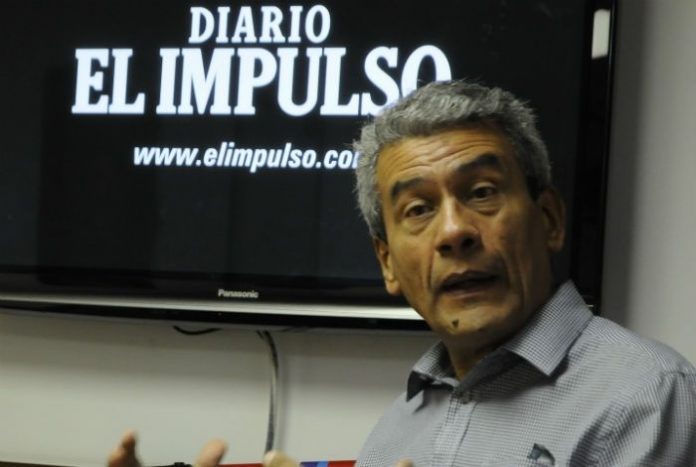The Committee for the Families of Victims of February-March 1989 considers it necessary to express its concern about the serious and irreversible consequences that could result from the attempt at shaping public opinion toward political and economic solutions in exchange for silencing the voice of hundreds of victims of human rights violations and denying their pain. As an NGO founded by victims of the popular uprising known as El Caracazo, which marked an inflection point in our contemporary history; and as an organization that has accompanied thousands of people whose human rights have been violated by the State at multiple and critical times since 1989, we believe that the entire country is currently facing a new historical turning point and critical moment given that the proposal for a future rapprochement of political and social factors may minimize the possibilities of defeating impunity by promoting the idea of the futility and inopportuneness of the search for justice and exposing the victims and their relatives to higher risks.
From the perspective of COFAVIC, the obligations of Truth, Justice and Reparation on the part of the State should not be minimized or confiscated in the name of the coming times, reforms that fall short, or the search for a better political, social and economic situation. It is not possible to build prosperity by ignoring the so many wounds opened by the structural violence of the State, nor by ignoring the cry of mothers, fathers and entire families who have been systematically denied justice.
Both International Law and our Constitution establish that neither serious human rights violations nor crimes against humanity have a prescriptive period and are therefore excluded from any benefit, whether pardons or amnesties, that may lead to impunity. This is not a coincidence but a historical achievement that obliges the States and society not to give up on the conduct of independent, transparent and conclusive criminal investigations on those responsible for serious crimes against humanity, once they have decided to establish new pacts for coexistence. Truth and justice are indivisible and history has shown that comprehensive reparation is essential in processes aimed at collectively overcoming a past marked by human rights violations.
At COFAVIC we believe that the complex and unprecedented circumstances that Venezuela is experiencing constitute a decisive moment in which civil society and, in particular, organizations and activists must come together in support of the victims and protect their voice and rights. Thanks to their testimony and desire for justice, the serious human rights crisis in the country has been recognized and several international protection mechanisms have been promoted for Venezuela, such as the Independent International Fact-Finding Mission or the special mandate of the Office of the UN High Commissioner for Human Rights.
With the confidence of experience, we can say that human rights organizations owe ourselves to the victims. They have placed their trust in our ethics and capacity for support, and we are the closest reference of hope to all the people that have seen their rights violated.
Human rights are not subject to the will of minorities or the majority, they cannot be traded, and their violation should only be resolved in judicial courts and not in political instances. In the same sense, forgiveness and reconciliation in a society cannot be an imposition, they are built through the voluntary collaboration of those who wish to establish a new way of living together. Therefore, the obligation to repair the damage caused to the victims cannot be ignored or underestimated. On the contrary, the future must be built on the cessation of human rights violations and the guarantees of non-repetition to the entire population.
Translated by Jose Rafael Medina




